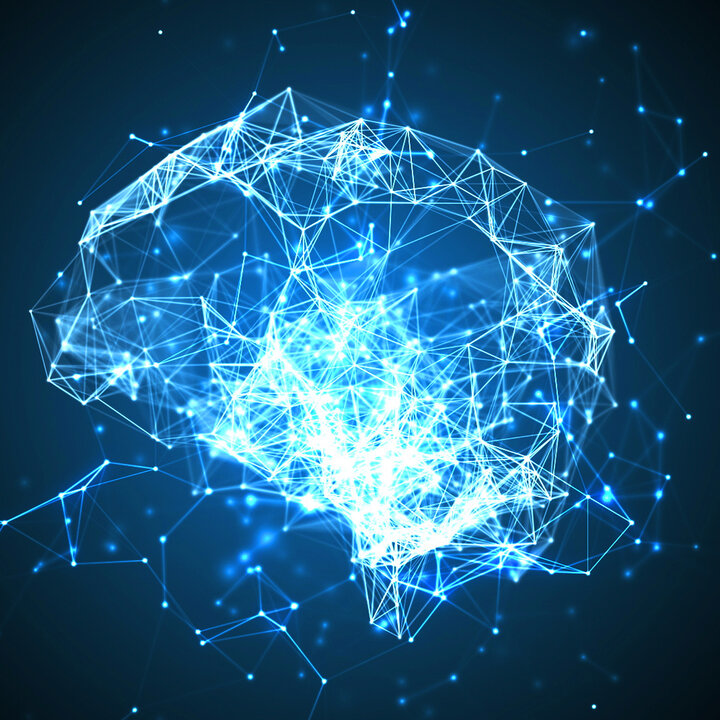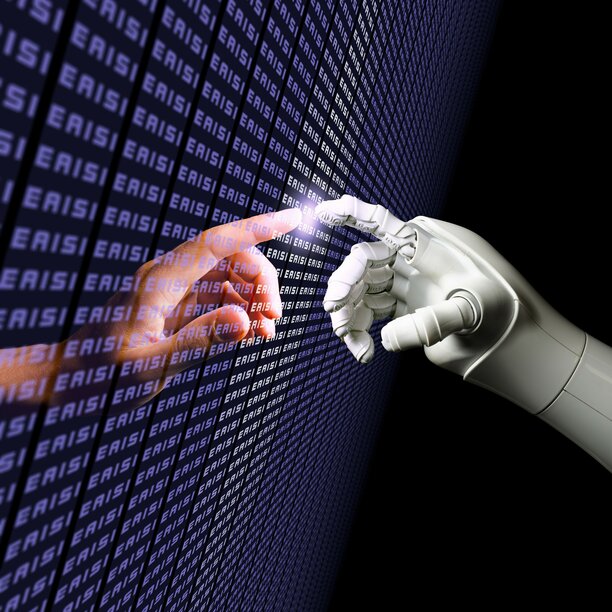Artificial Intelligence is closely linked to every kind of promising innovation, from IoT and Industry 4.0 to healthtech, fintech and new approaches to sustainability, aging and education. TU/e contributions to the AI domain may take several forms:
- Theoretical and fundamental aspects related to methods and algorithms and their efficient implementation and correspondent tooling.
- Advances in applications, and application domains such as autonomous systems.
- AI systems Engineering:
- Composable AI technology: packaging technology (such as algorithms) into building blocks and tools
- Recognizing and defining patterns (solution architectures, e.g. software robots)
- Structured methods to arrive at solutions (e.g. generating required training data, self-training)
- Usability and ethical aspects, and their impact on AI system design.
The long-term goal is development of ‘general’ AI, which is capable of performing arbitrary intellectual tasks.
AI at M&CS
In the department of Mathematics and Computer Science, the focus is primarily on the fundamentals, techniques, and tools/frameworks for successful applications of AI, e.g., in data science, automated reasoning, decision support systems, recommender systems, and chemical informatics. We focus on the theoretical foundations, the limits of feasibility, and efficient and scalable realization of AI methodologies and techniques. These investigations are typically driven by real world application partners and challenges.
The department has strong beliefs AI research should have a structural position within its research activities. It intends to strengthen the AI activities at TU/e, specifically from within the Information Systems section. This section consists of three groups focusing on Data Mining, Database Systems, and Process Analytics. It will be expanded with another research group focusing on Artificial Intelligence. The idea of this newly-founded AI group is to provide the lead in all kinds of AI activities, to bring together separate long-standing AI-related activities from different departments, to strengthen these, and to actively seek interdisciplinary and inter-departmental collaboration. Some ideas of foreseen collaborations:
- Process-aware AI (Industrial Engineering & Computer Science).
- Imputation of missing data for Smart Product Design (Industrial Design & Computer Science).
- Data-driven System-of-Systems Health for Factory Automation (Mechanical Engineering, Electrical Engineering and Computer Science).
- Explainable deep learning for decision support in healthcare (Computer Science, Electrical Engineering).
- Data engineering for Artificial Intelligence (Computer Science, Industrial Engineering (HTI)).
Close

